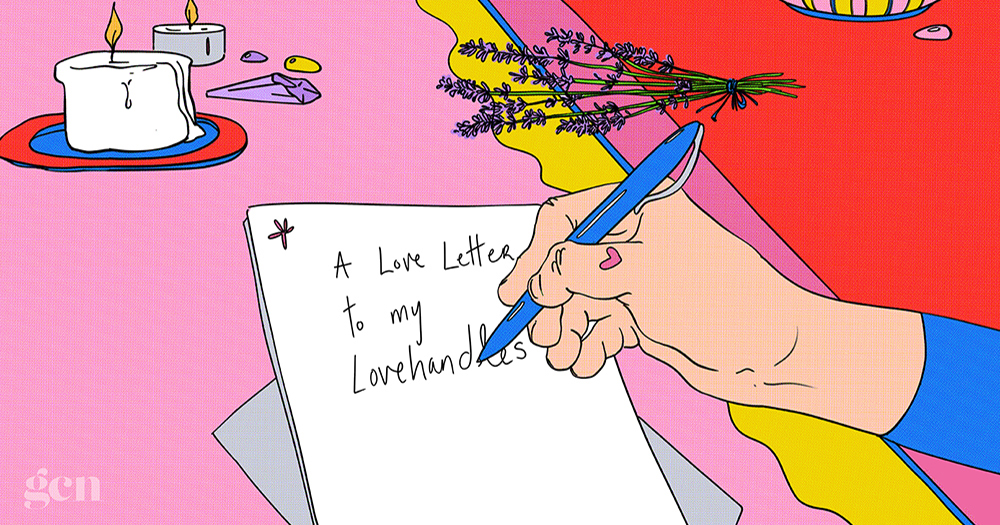GCNnewvoices in partnership with BeLonG To will platform the opinions and thoughts of LGBTQ+ young writers from across the country, speaking about issues that matter to them. Shane Caprani speaks about body positivity in the realm of online dating.
“You’d be cute if you lost a few pounds.” Statements like these are jarring at best, but when it’s the first message that you ever receive on a dating site, the shock is hard to put into words. Obviously I never imagined Grindr as being a place of romance when I first joined it, but looking back, I had definitely approached it with a level of naiveté.
Before I had even heard of sites like Tinder and Bumble, I had been subconsciously raised on a diet of Disney films and American rom-coms. Therefore, you can imagine my shock when despite what Hilary Duff had told me, places like Grindr were not what dreams were made of.
For a while after, that comment buried itself in my psyche. Not only was I not attractive to this random gentleman on the internet, but I would have to change to even have the potential to be. But what scared me the most was the reaction from the few queer friends who I had at the time, who reassured me that comments like this, although hurtful, weren’t anything out of the ordinary.
While I appreciated their comfort, I was secretly terrified. For a community that has faced such rejection from others, it became clear to me that we were now rejecting each other as well. So why is that?
The easiest answer would be that we don’t have many templates to look up to. While it’s great that we are integrating ourselves into the mainstream, we are still quite limited in terms of body representation and positivity for our community. Programmes like RuPaul’s Drag Race and Pose have made admirable strides to combat this, but from the perspective of body positivity or diversity, it’s disheartening to see that bodies like ours are rarely represented on a romantic or sexual standpoint.
Furthermore, while gay relationships are suddenly gaining momentum in terms of media representation, gay sex is still very much taboo, to the point where it almost has a Barbara Streisand effect, where sex becomes the only thing we fixate on in our adolescence, simply because we were told not to. That’s right, for the first time in history, Barbara Streisand has caused a problem for the LGBTQ+ community.

Therefore, I decided to find my own templates to aspire to. It was only when I started seeing people that had similar shapes to me that I felt my perspective slowly begin to change. People like Lizzo, Nyla Rose, Zach Mike and Matt McGorry taught me that my figure was not only valid, but that it needed to be celebrated. Furthermore, I stopped focusing on physicality in relationships and chose to be more aware of emotional connectivity. As soon as I stopped feeling the need to make my body feel important to others, it became important to me.
Do I love my body? Not yet, but I’m learning to. And more importantly, I’m learning to appreciate it. Every time I used to insult or recoil at the sight of my belly, I ignored the fact that it, along with my love handles and thunder thighs, have allowed me to make it this far. And even on the days where I can’t bring myself to look in the mirror, I thank my body regardless, in the hopes that if I love my body, my body will love me too.
Keep up to date with #GCNnewvoices across all our social media.
© 2020 GCN (Gay Community News). All rights reserved.
Support GCN
GCN is a free, vital resource for Ireland’s LGBTQ+ community since 1988.
GCN is a trading name of National LGBT Federation CLG, a registered charity - Charity Number: 20034580.
GCN relies on the generous support of the community and allies to sustain the crucial work that we do. Producing GCN is costly, and, in an industry which has been hugely impacted by rising costs, we need your support to help sustain and grow this vital resource.
Supporting GCN for as little as €1.99 per month will help us continue our work as Ireland’s free, independent LGBTQ+ media.
